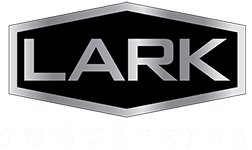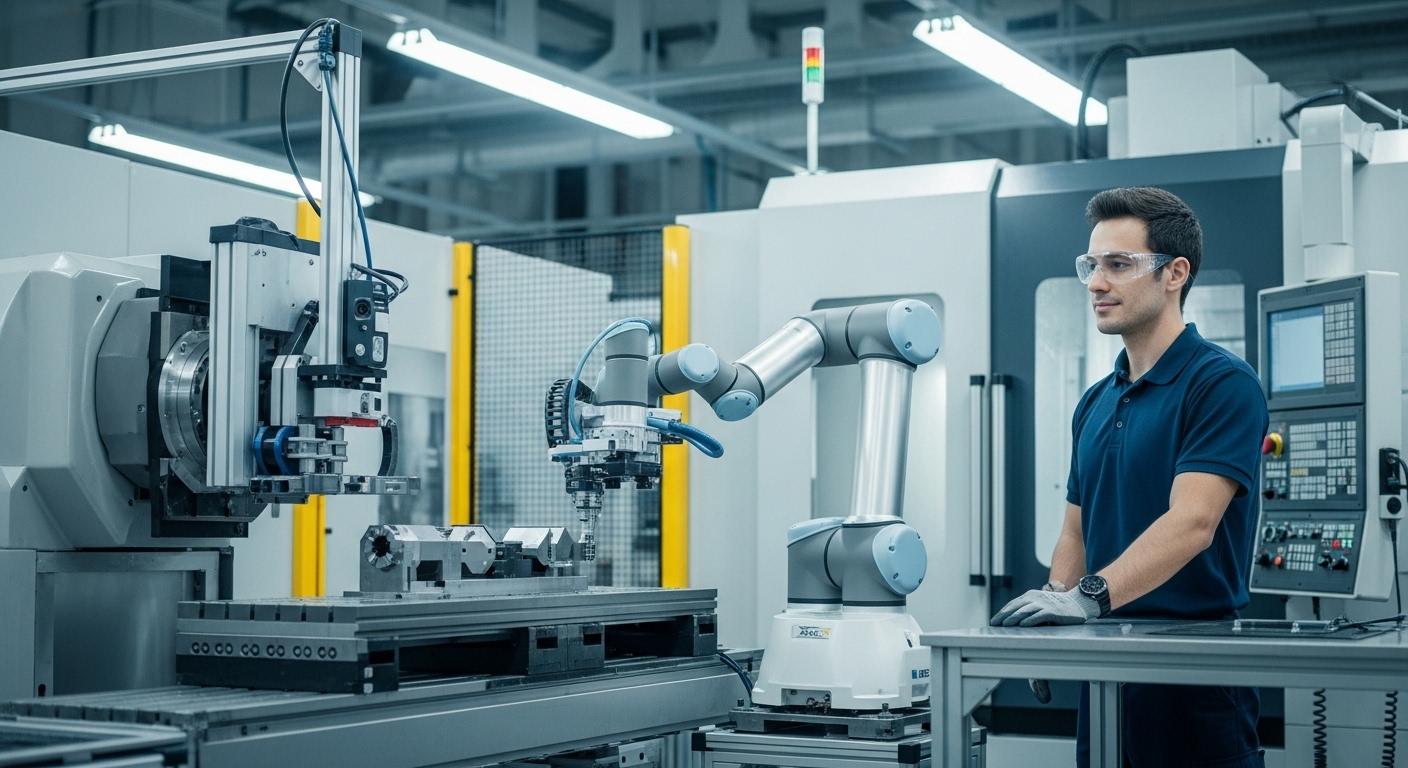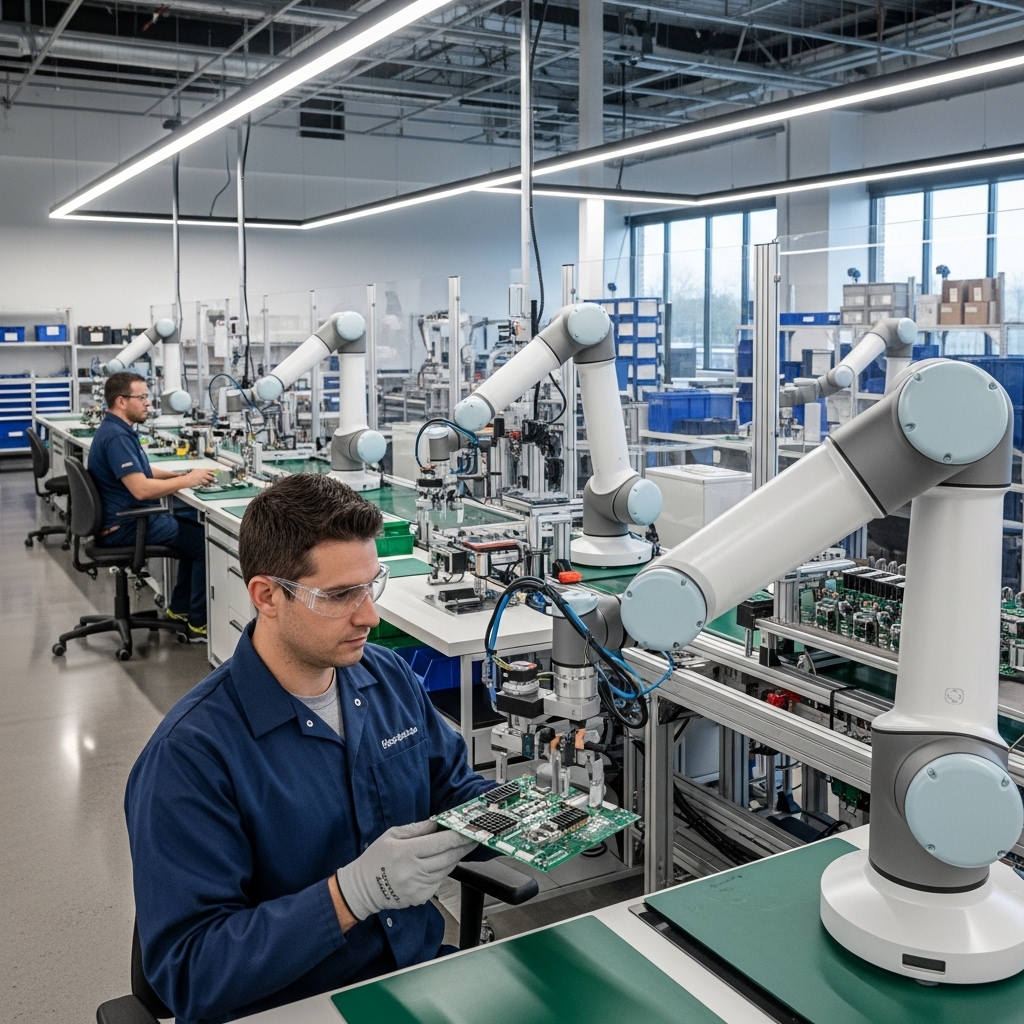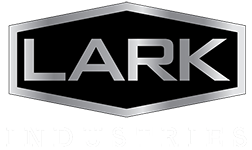Benefits of CNC Machining in Aerospace
CNC machining has revolutionized the manufacturing of aerospace components, allowing for the creation of complex parts with extreme tolerances. In this article, we’ll explore the benefits of CNC machining in aerospace, the types of materials used, and how this technology meets the demanding requirements of aerospace quality standards. Understanding these elements can provide insights into the vital role CNC machining plays in modern aerospace engineering and the continuous advancements in this technology.
CNC machining plays a critical role in the aerospace industry by providing the precision necessary for manufacturing complex components. These machines are controlled by computer programs that dictate the movement and operation of cutting tools, ensuring consistent and accurate production. This precision is crucial when dealing with components that must withstand extreme conditions and perform reliably over long periods.
Key Advantages of CNC Machining in Aerospace
- Precision and Accuracy: CNC machines can achieve tolerances as tight as a few micrometers. This level of precision is essential for aerospace components.
- Efficiency: Once programmed, CNC machines can operate 24/7 with minimal supervision.
- Versatility: CNC machines can work with a wide range of materials, including metals, plastics, and composites.
- Repeatability: CNC machining ensures that each part produced is identical to the last, crucial for quality and consistency.
Aerospace-Grade Materials in CNC Machining
The aerospace industry requires materials that can withstand extreme conditions, such as high temperatures, pressure, and stress. CNC machining is capable of handling these aerospace-grade materials with ease.
- Titanium: High strength-to-weight ratio, corrosion resistance, and fatigue resistance.
- Aluminum: Lightweight, corrosion-resistant, and cost-effective.
- Composite Materials: Strong and lightweight, improving fuel efficiency and structural integrity.
- Stainless Steel: Heat and corrosion-resistant, ideal for high-stress engine components.
Tight Tolerances in Aerospace Parts
Tight tolerances are essential in aerospace parts to ensure that components fit together perfectly and function as intended. CNC machining technology is equipped to meet these stringent requirements.
- Advanced Software: Enables the production of intricate designs with exact specifications.
- High-Quality Tools: Maintain consistency and accuracy throughout the process.
- Temperature Control: Prevents material expansion or contraction, protecting tolerances and structural integrity.
Aerospace Quality Standards in Manufacturing
Aerospace quality standards are among the most stringent in manufacturing. CNC machining helps manufacturers meet these standards by ensuring precision, quality, and consistency.
- AS9100: International quality management standard for aerospace.
- NADCAP: Accreditation program for aerospace engineering and defense industries.
- ISO 9001: Widely adopted quality management standard, often a prerequisite for aerospace suppliers.
Applications of Aerospace Component Precision Machining
Precision machining is vital for the production of components that must perform reliably under extreme conditions. CNC machining provides the accuracy and consistency required for these critical applications.
- Engine Components: Turbine blades, casings, and high-precision engine parts.
- Structural Parts: Aircraft frames and fuselage components.
- Avionics: Circuit boards, enclosures, and intricate avionics system components.
Innovations and Future of CNC Machining in Aerospace
As the aerospace industry continues to evolve, the demand for advanced manufacturing techniques like CNC machining will only increase. Innovations include:
- Additive Manufacturing: Combining CNC with 3D printing for hybrid production.
- Automation: Robotics integration for improved efficiency and reduced human error.
- Sustainability: Lightweight, fuel-efficient, and waste-minimized aerospace components.
Conclusion: The Benefits of CNC Machining in Aerospace
Advanced CNC machining is integral to the aerospace industry, enabling the production of components that meet extreme tolerances and quality standards. By leveraging the capabilities of CNC technology, manufacturers can produce high-quality, precision-engineered parts essential for the safety and performance of aircraft.
As technology continues to advance, CNC machining will remain a cornerstone of aerospace manufacturing, driving innovation and efficiency. The ongoing evolution of CNC technology promises to further enhance aerospace component precision machining and ensure that aerospace continues to reach new heights in safety, reliability, and performance.





